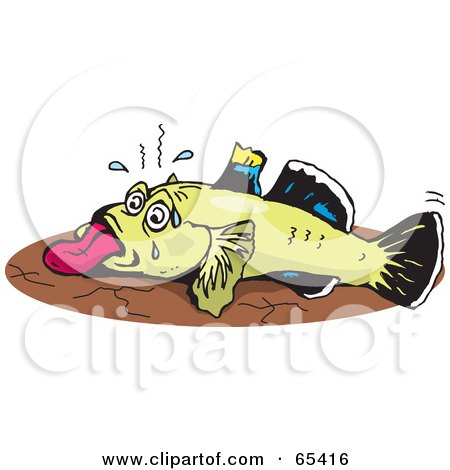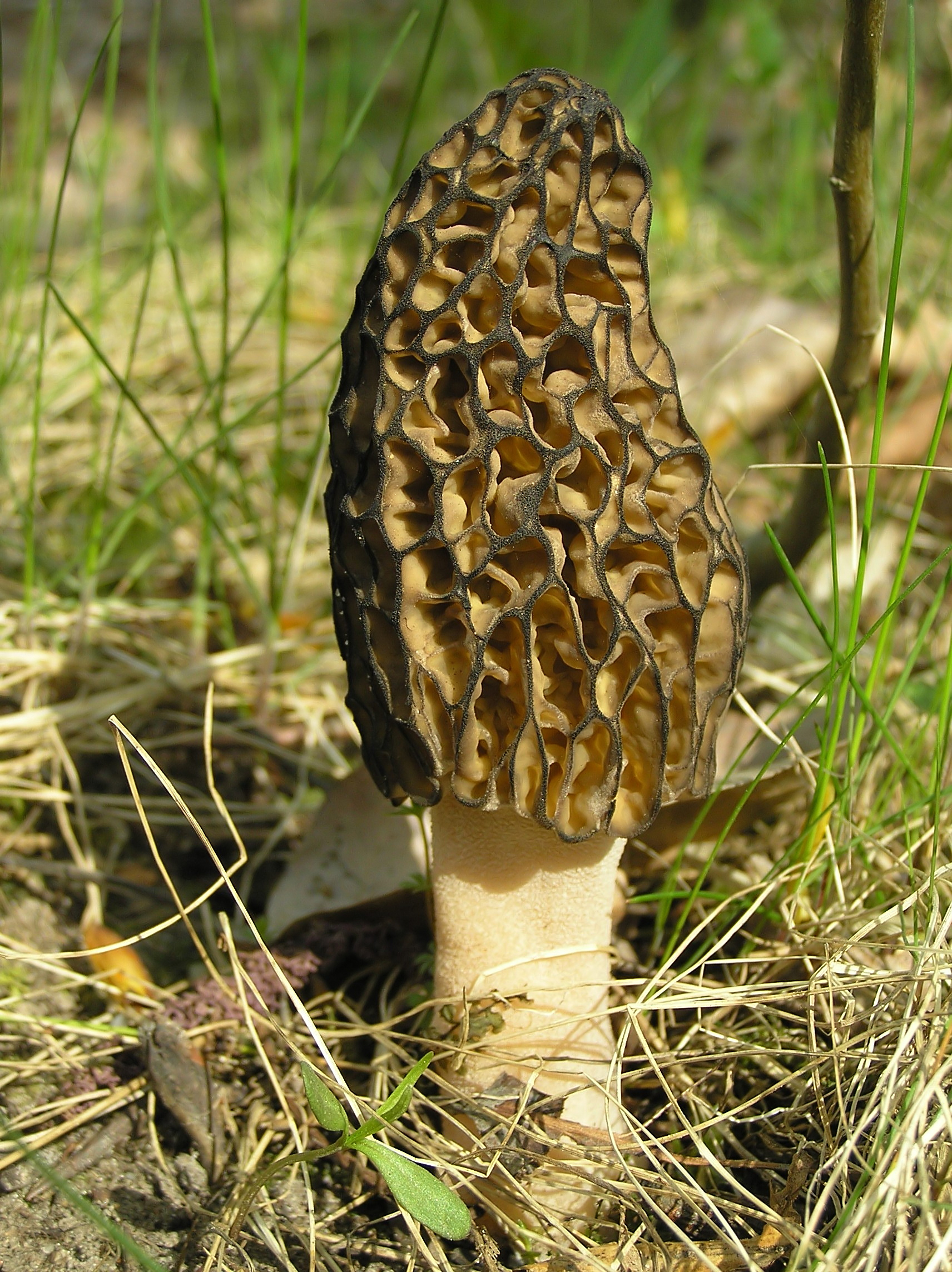It has come to my attention (a little plant grew and told me) that sometimes people are corrected for saying 'yeah' instead of 'yes.'
I was really surprised that there would this type of mentality with words of confirmation.
So I decided on behalf of all the people that have been corrected because of this to write a post discussing the origins of 'yes' 'yeah' and 'yay'
gēse - yes, so be it, of course, Desendants: yes
gēa - yes, thus so, Desendants: yea(h), yay.
Yea(h) for a while was used as 'yes' in speech it is now dated and fallen out of use as a formal meaning of 'yes' but both words do come directly form Old English and were synonymns in various contexts.
-Нафаня-
I was really surprised that there would this type of mentality with words of confirmation.
So I decided on behalf of all the people that have been corrected because of this to write a post discussing the origins of 'yes' 'yeah' and 'yay'
gēse - yes, so be it, of course, Desendants: yes
gēa - yes, thus so, Desendants: yea(h), yay.
Yea(h) for a while was used as 'yes' in speech it is now dated and fallen out of use as a formal meaning of 'yes' but both words do come directly form Old English and were synonymns in various contexts.
-Нафаня-



